Bureaucracy
By Ludwig Von Mises
Category
EconomicsRecommended by
"Bureaucracy" by Ludwig Von Mises offers a detailed analysis of the nature and consequences of bureaucracy in both the private and public sectors. Through a comprehensive examination, Von Mises elucidates how bureaucracies emerge, function, and impact society.
This seminal work starts by defining bureaucracy as a system characterized by hierarchy, rules, and specialized divisions of labor. Von Mises highlights the inherent flaws and inefficiencies of bureaucracies that arise from their rigid structures and strict adherence to formalities. He evaluates the consequences of bureaucracy, including its detrimental effects on individual freedom, economic productivity, and the allocation of resources.
Von Mises further explores the formation and expansion of bureaucracies within government institutions. He critiques the belief that bureaucratic control can enhance social welfare, arguing instead that it often leads to unintended consequences, stifling innovation, and perpetuating inefficiencies. He emphasizes the negative impact of bureaucracy on entrepreneurial activity and the market process, which he views as essential for economic growth.
In "Bureaucracy," Von Mises also examines the role of bureaucracy in socialist systems, where he underscores its detrimental influence on economic planning and centralization of power. He argues that the inherent complexities of large-scale bureaucracies make efficient coordination and decision-making impossible, resulting in societal stagnation and waste.
Throughout the book, Von Mises advocates for limiting bureaucracy and promoting individual freedom, private property rights, and market competition. He proposes that vibrant market economies, with minimal bureaucratic intervention, are better equipped to generate prosperity, innovation, and overall societal well-being.
With its rigorous analysis and critical insights, "Bureaucracy" is a groundbreaking work that continues to provide invaluable guidance for understanding and addressing the challenges posed by bureaucratic systems. Von Mises presents a compelling case for reevaluating our relationship with bureaucracy and its impact on various aspects of our lives, making this book essential reading for anyone interested in economics, politics, or social organization.
This seminal work starts by defining bureaucracy as a system characterized by hierarchy, rules, and specialized divisions of labor. Von Mises highlights the inherent flaws and inefficiencies of bureaucracies that arise from their rigid structures and strict adherence to formalities. He evaluates the consequences of bureaucracy, including its detrimental effects on individual freedom, economic productivity, and the allocation of resources.
Von Mises further explores the formation and expansion of bureaucracies within government institutions. He critiques the belief that bureaucratic control can enhance social welfare, arguing instead that it often leads to unintended consequences, stifling innovation, and perpetuating inefficiencies. He emphasizes the negative impact of bureaucracy on entrepreneurial activity and the market process, which he views as essential for economic growth.
In "Bureaucracy," Von Mises also examines the role of bureaucracy in socialist systems, where he underscores its detrimental influence on economic planning and centralization of power. He argues that the inherent complexities of large-scale bureaucracies make efficient coordination and decision-making impossible, resulting in societal stagnation and waste.
Throughout the book, Von Mises advocates for limiting bureaucracy and promoting individual freedom, private property rights, and market competition. He proposes that vibrant market economies, with minimal bureaucratic intervention, are better equipped to generate prosperity, innovation, and overall societal well-being.
With its rigorous analysis and critical insights, "Bureaucracy" is a groundbreaking work that continues to provide invaluable guidance for understanding and addressing the challenges posed by bureaucratic systems. Von Mises presents a compelling case for reevaluating our relationship with bureaucracy and its impact on various aspects of our lives, making this book essential reading for anyone interested in economics, politics, or social organization.
Share This Book 📚
More Books in Economics
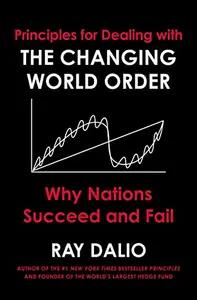
Principles for Dealing With The Changing World Order
Ray Dalio
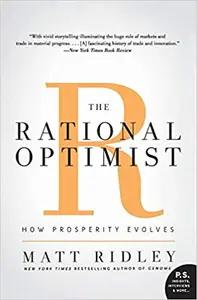
The Rational Optimist
Matt Ridley

The Bitcoin Standard
Saifedean Ammous
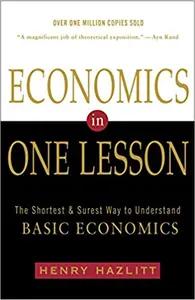
Economics in One Lesson
Henry Hazlitt

The Ascent of Money
Niall Ferguson

Enlightenment Now
Steven Pinker
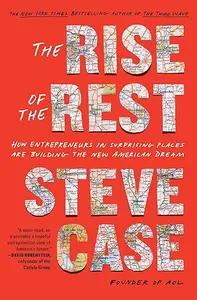
The Rise of the Rest
Steve Case

The Road to Serfdom
F.A. Hayek

The Wealth of Nations
Adam Smith

Capital In The 21st Century
Thomas Piketty

Check Your Financial Privilege
Alex Gladstein

Dealing with China
Henry Paulson

Debt
David Graeber

Human Action
Ludwig Von Mises

The Future of Capitalism
Paul Collier

The Prize
Daniel Yergin

The Wealth and Poverty of Nations
David Landes

Thinking In Systems
Donella H. Meadows

Trade Is Not A Four Letter Word
Fred Hochberg

Why Nations Fail
Daron Acemoglu

A Great Leap Forward?
John Mauldin & Worth Wray

A Guide To Econometrics
Peter E. Kennedy

Adaptive Markets
Andrew Lo

Age Of Ambition
Evan Osnos

An Apology for the Builder
Nicholas Barbon
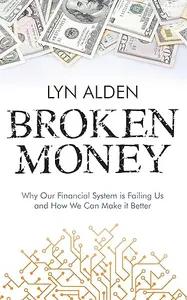
Broken Money
Lyn Alden

Bureaucracy
Ludwig Von Mises

Capitalism Without Capital
Jonathan Haskel & Stian Westlake

Central Banking 101
Joseph Wang
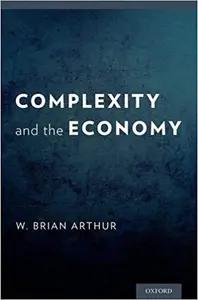
Complexity and the Economy
W. Brian Arthur
Popular Books Recommended by Great Minds 📚

How to Change Your Mind
Michael Pollan

Against The Gods
Peter Bernstein

Titan
Ron Chernow

The Lord of the Rings
J.R.R. Tolkien

Behind the Cloud
Marc Benioff

Scale
Geoffrey West

Mindset
Carol Dweck

Give and Take
Adam Grant

Brotopia
Emily Chang

The Intelligent Investor
Benjamin Graham

Einstein
Walter Isaacson

Extreme Ownership
Jocko Willink

Becoming Steve Jobs
Brent Schlender
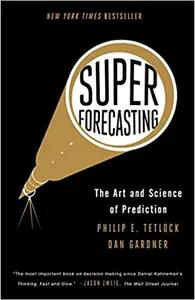
Superforecasting
Philip Tetlock

Economics in One Lesson
Henry Hazlitt

Can't Hurt Me
David Goggins

The Score Takes Care of Itself
Bill Walsh

The Lean Startup
Eric Reis
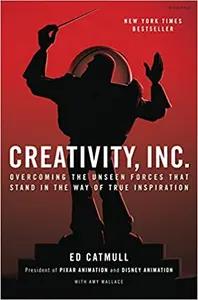
Creativity, Inc.
Ed Catmull

Principles
Ray Dalio

The Hard Thing About Hard Things
Ben Horowitz

American Kingpin
Nick Bilton

The Hitchhikers Guide to the Galaxy
Douglas Adams

Shoe Dog
Phil Knight

High Growth Handbook
Elad Gil

Behave
Robert Sapolsky

The Moment of Lift
Melinda Gates

The Outsiders
William Thorndike

The Undoing Project
Michael Lewis

The Rational Optimist
Matt Ridley